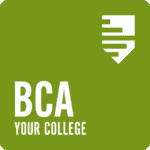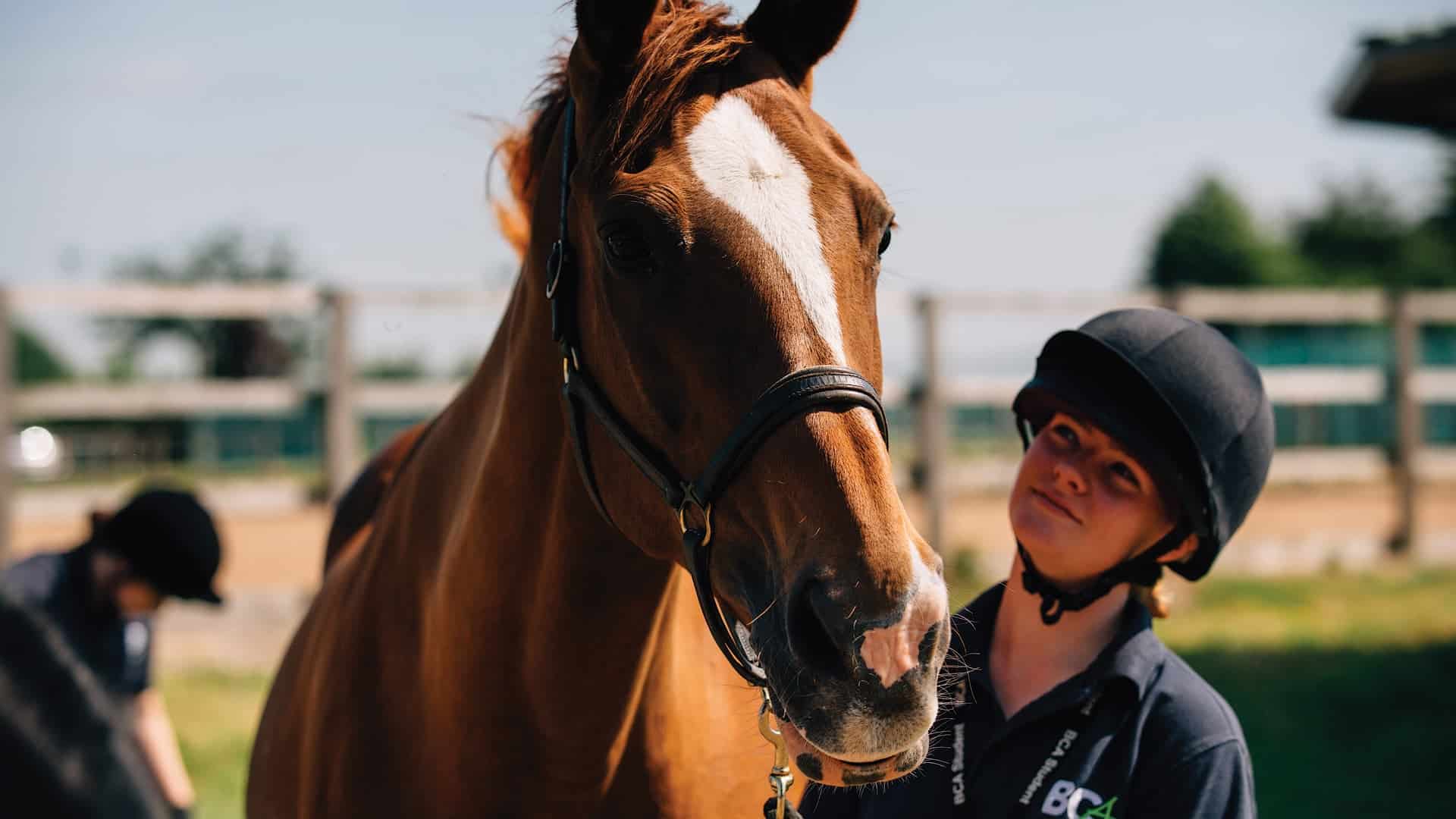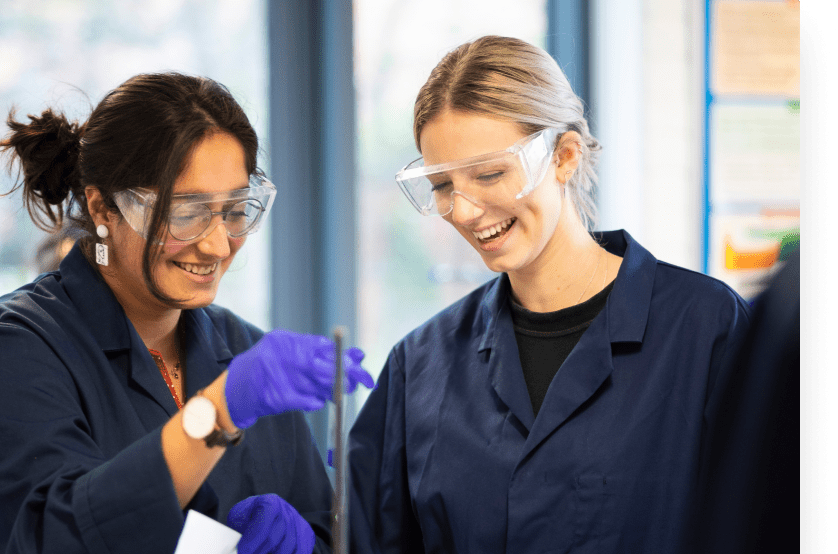This course provides students with an excellent opportunity to access the equine industry and/or progress through to further courses in their chosen field. Students are able to develop practical skills in the equine industry and gain underpinning knowledge of equine related topics.
Students will complete a combination of internal and external industry placements which is assessed as part of the course. The course also provides an opportunity for students to develop personal, social and employability skills alongside gaining confidence in becoming independent learners. As part of this study programme students are required to study GCSE maths and English if a grade 4 has not already been achieved. This is an essential part of the programme in order for students to develop the literacy and numeracy skills required for successful entry into employment and/or progression onto future courses.
This course is delivered through theory lessons, practical work, group seminars and internal and external professional development (industry placement). You will also have individual tutorials with your Course Manager on a regular basis in order to monitor and track your progress. A high degree of importance is placed on the development of the practical skills students will be using within the equestrian workplace.



